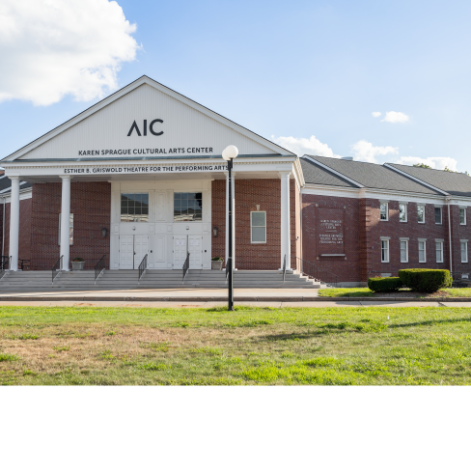Access • Opportunity • Diversity • Belonging • Community
Something exciting is happening right now.
Events

Accepted Students’ Day
Getting into college is no easy feat. That’s why we’ve created a day dedicated to celebrating YOU!
Mark your calendar
Doctoral Hooding Ceremony
This ceremony is in addition to the 138th Commencement Ceremony, degrees will be conferred at the Commencement Ceremony the following day at the MassMutual Center.
Mark your calendar
Commencement
It is a celebration of your academic and personal success – a day to reflect on all you’ve accomplished and on the person you hope to become in the years ahead.
Mark your calendar
Graduate Information Session
These brief yet information-packed sessions allow students to gain insight into the application process as well as the unique facets of attending AIC.
Mark your calendarWhy Choose AIC?
Flexible Learning for Working Professionals

Online Graduate Degree Programs
Whether you’re earning your degree on a desktop from home or on your mobile device on the go, you are part of the AIC community. Learn more about our online graduate programs including an MSN-FNP and FNP Post-Masters Certificate Program—designed with you in mind.
Stay Connected
Aplicar en español:


AIC Associate Professor of Graduate Psychology Terence Lynn is helping to revolutionize law enforcement's approach to mental health crises!
Read here about his pivotal role in crafting a new guide being used by the Council of State Governments Justice Center.
www.aic.edu/news/aic-professor-plays-key-role-in-developing-guide-to-transform-law-enforcements-r...
#AIC #AmericanInternationalCollege #MentalHealthAwareness #LawEnforcement #AICSpringfield #AICommitted #SpringfieldMA #WesternMass ... See MoreSee Less
Spring Week got a little crazy thanks to Student Life bringing Knockerball to the Quad.
It was hilarious seeing everyone bouncing around and having a blast 🥳
#AIC #AmericanInternationalCollege #knockerball #AICSpringfield #aicommitted #springfieldma #westernmass ... See MoreSee Less